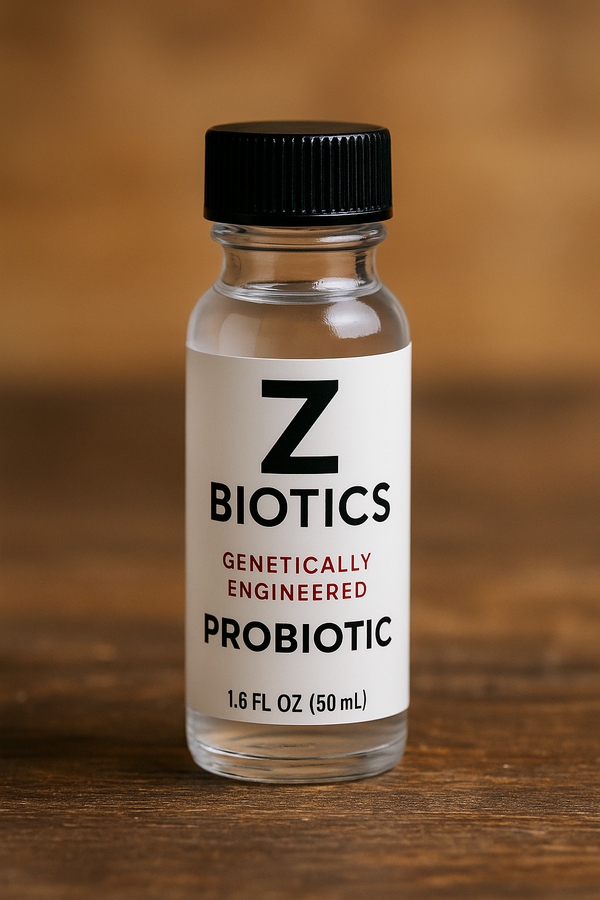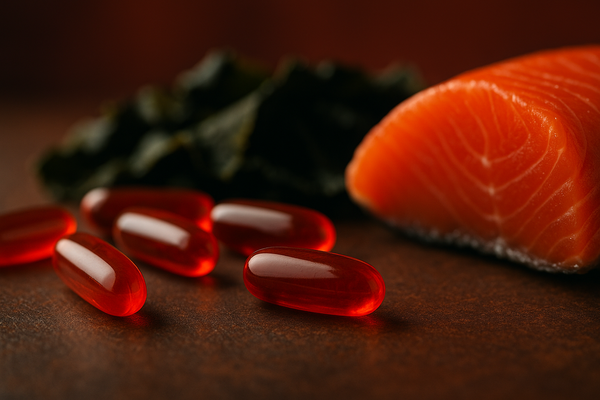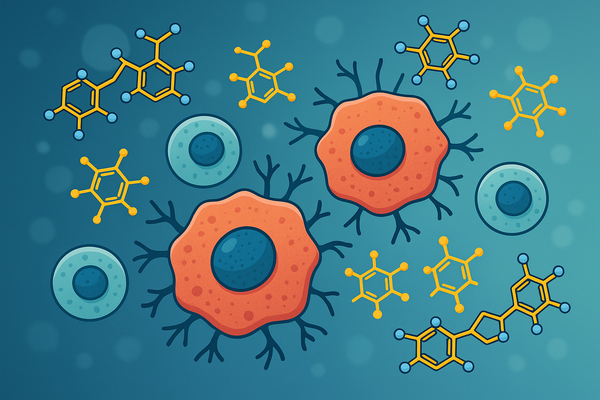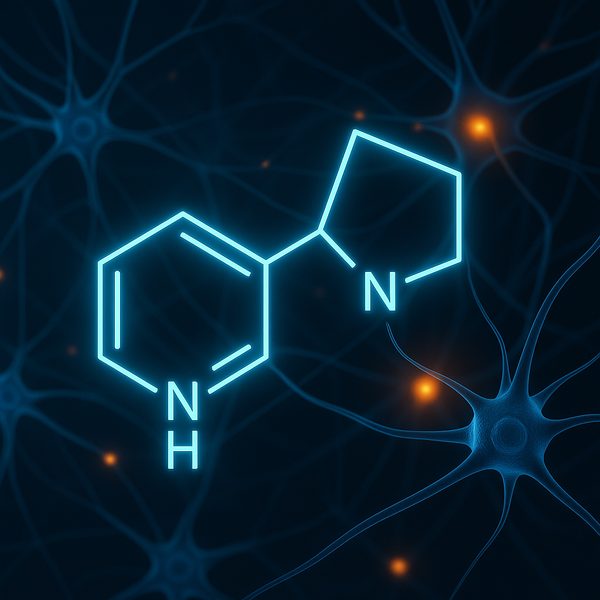Psilocybin & Longevity: Early Signals, Real Caution
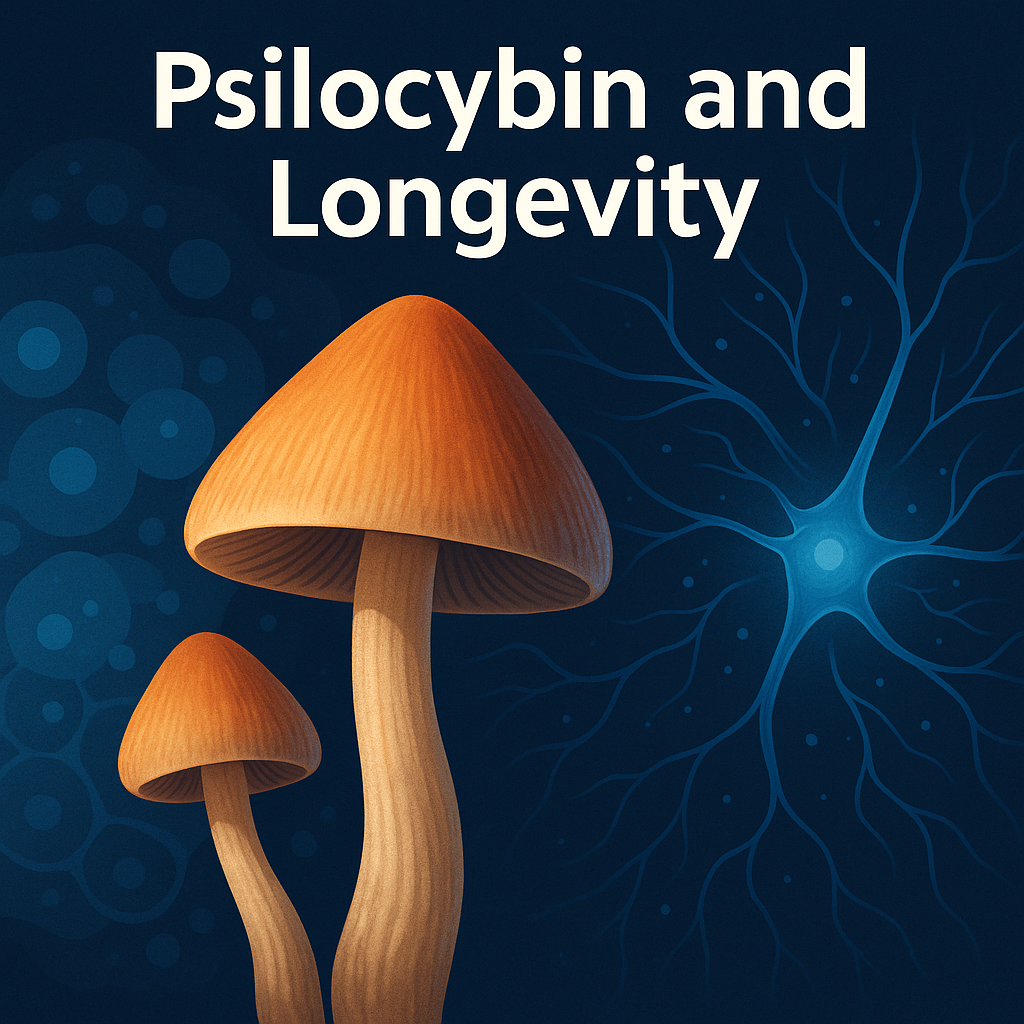
Psilocybin has mostly been studied for depression, anxiety, and end-of-life distress. But 2025 brought a surprise: preliminary evidence that it might influence hallmarks of aging. That doesn’t mean “take mushrooms to live longer.” It means the longevity conversation now includes a controlled, clinical-use psychedelic — with promise and serious caveats.
What It Is & Why It’s Being Studied for Aging
Psilocybin is a classic psychedelic that converts to psilocin, a 5-HT2A receptor agonist. In the brain, this can rapidly increase neuroplasticity; in peripheral tissues, psychedelics may dampen inflammatory signaling. Since brain aging and chronic inflammation drive morbidity and mortality, researchers are testing whether psilocybin can shift these aging levers.
New Longevity Evidence (2025)
A peer-reviewed study in npj Aging (Nature Portfolio) reported that psilocin/psilocybin:
- Extended lifespan of cultured human cells, preserving telomere length and reducing oxidative stress markers.
- Improved survival in aged mice given intermittent dosing, even when started late in life.These data support a proposed “psilocybin–telomere” hypothesis — but they are preclinical (cells and mice), not proof of human lifespan extension.
Mechanisms Being Proposed
- Neuroplasticity (5-HT2A): Psychedelics promote dendritic spine growth and synaptogenesis, potentially countering age-related synaptic loss and cognitive rigidity.
- Inflammation & Immune Tone: Classic psychedelics have shown suppression of pro-inflammatory cytokines in preclinical models; aging is tightly linked to chronic, low-grade inflammation.
- Cellular Stress & Telomeres (Preclinical): The 2025 work suggests psilocin may preserve telomeres and upregulate cytoprotective programs (e.g., sirtuins) in vitro, aligning with slower cellular aging signals. Translation to humans is unproven.
What This Means (and Doesn’t) for Humans
- Promising: First rigorous signs that psilocybin/psilocin touch aging biology beyond mood.
- Not proven for people: No human trial has demonstrated slower biological age or extended lifespan from psilocybin. Media headlines over-simplify; researchers themselves call for careful human studies and dosing work.
Dosing Context (Clinical, Not DIY)
Human trials for mental health typically use single-session doses around 25 mg oral psilocybin with medical screening, psychotherapy, and monitoring; some programs explore 10–25 mg ranges. These are not longevity protocols and should not be repurposed outside trials.
Microdosing: Evidence for aging benefits is insufficient; most microdosing literature is observational or underpowered. (No credible data that microdosing slows biological aging.)
Who Might Explore This (Legally & Safely)?
- Individuals in regions with regulated medical programs or IRB-approved clinical trials may qualify for psilocybin-assisted therapy for specific indications (e.g., TRD), not for anti-aging. Older-adult participation is increasing, but safety data are still developing.
- Medical contraindications: Transient rises in blood pressure/heart rate could matter for people with cardiovascular disease; careful screening is standard in trials.
Practical Longevity Takeaways (for now)
- Exciting hypothesis: Psilocybin may influence aging biology via neuroplasticity, inflammation, and cellular stress pathways — in models.
- Human evidence pending: Until trials show changes in epigenetic clocks, proteomic age, or hard outcomes, consider this early-stage.
- If interested: Seek clinical trial opportunities rather than self-experimentation; mind legal status and health risks.
Final Thoughts
Psilocybin just earned a seat at the longevity table — not as a finished intervention, but as a candidate with biologically plausible mechanisms and impressive preclinical data. The next step is careful human research measuring bona fide aging biomarkers and safety in older adults. Until then, treat the headlines as hypotheses, not prescriptions.
Sources
- Kato K, et al. npj Aging (2025): Psilocybin/psilocin extended cellular lifespan and improved survival in aged mice; telomere preservation signals.
- Baylor College of Medicine News (2025): Commentary and caution on translating findings to humans.
- Emory University News (2025): Coverage of lifespan/aging implications from psilocybin preclinical work.
- Vargas MV, et al. Science (2023): Psychedelics promote neuroplasticity via 5-HT2A activation.
- Vargas MV, et al. Nat Struct Mol Biol/PMC review (2023): Structural plasticity (spine density) with serotonergic psychedelics.
- Qureshi O, et al. Br J Pharmacol (2025): Review on psychedelics modulating immune/inflammatory pathways.
- Zheng S, et al. Front Neurosci (2024): Psilocybin’s anti-inflammatory effects relevant to neurodegeneration.
- Straumann I, et al. Compr Psychoneuroendocrinol (2024): Safety pharmacology of single-dose psilocybin in healthy participants.
- Johnston CB, et al. J Am Med Dir Assoc (2023): Safety/efficacy considerations in older adults; cardiovascular cautions.
- ClinicalTrials.gov NCT04670081 & NCT06442423: Registered human psilocybin trials; dosing context and enrollment trends.
- LiveScience (2025): Lay summary of npj Aging findings (cells/mice) and research caveats.
